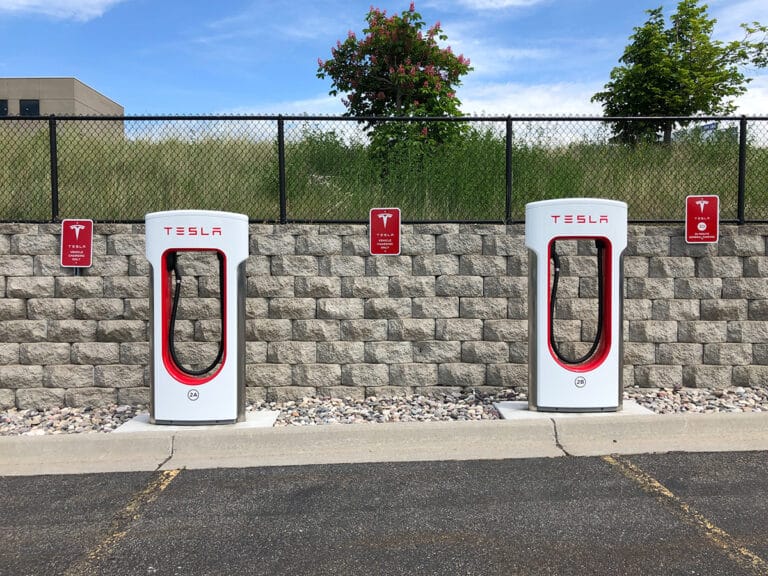
Purchasing a used vehicle in the United States can be a very budget friendly, rewarding, and simple process. While owning a previously used vehicle can be a very positive experience, it can also be a nightmare. The difference is in the common issues that happen to vehicles as they age and actual defects in the car itself. So, what is the difference between a car problem and a truly defective car?
To answer this, we need to define what a defective car is.
A substantial defect is a problem that impairs the car’s use, value, or safety. Some examples of substantial defects are: Engine problems, transmission problems, brake issues, steering problems, heating or A/C issues, ventilation problems, and suspension issues.
The defect can be covered under an implied or express warranty and the laws on what constitutes as a minor or “substantial problem varies from state. However, no matter which state you reside in, the defect must occur within a certain time period and certain number of miles.
Used car “problems” on the other hand, can be frustrating and are protected by lemon laws. It is important to maintain your car so that the warranty remains in effect.
If you find that you have purchased a used vehicle with substantial defects, the manufacturer or dealer needs to be given the opportunity to repair your vehicle for an express warranty claim. No repair attempts are needed for the breaking of an implied warranty claim. Contact a lemon lawyer right away if you have a problem with your car, truck, or SUV.


